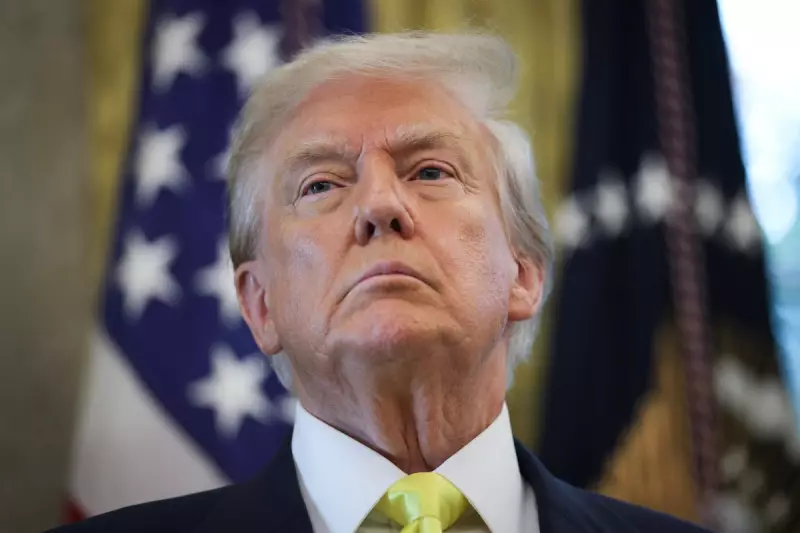
Former US President Donald Trump has floated the idea of deploying the National Guard to combat crime in New York City and Chicago, reigniting discussions about federal involvement in urban law enforcement.
In a recent statement, Trump claimed that sending the National Guard could help restore order in cities grappling with high crime rates. "We need to take bold action to protect our citizens," he said, without providing specific details on how such an operation would be implemented.
Mixed Reactions to Trump's Proposal
The suggestion has drawn mixed reactions, with some conservative leaders applauding the idea as a necessary measure, while critics argue it could escalate tensions and undermine local governance.
New York City Mayor Eric Adams and Chicago Mayor Brandon Johnson have both previously resisted federal intervention, emphasising the importance of local solutions to crime prevention.
Historical Context
The use of the National Guard in domestic law enforcement is rare and typically reserved for emergencies such as natural disasters or civil unrest. Trump's proposal raises questions about the legal and logistical challenges of such a deployment.
Legal experts point out that deploying the National Guard for routine policing would require coordination with state governors, who retain authority over their National Guard units unless federalised by the president.
Political Implications
The announcement comes as Trump campaigns for a return to the White House in 2024, with crime and public safety expected to be key issues in the upcoming election.
Analysts suggest that Trump's tough-on-crime rhetoric may resonate with his base but could alienate voters in urban areas wary of increased federal oversight.





